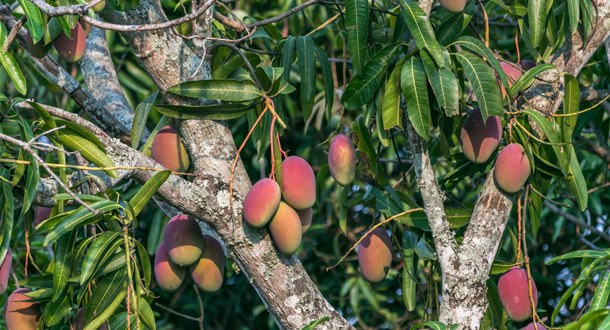
Scripture:
Leviticus 25:1, 8-17
Matthew 14:1-12
Reflection:
The readings in the liturgical cycle are laid out to cover the majority of the biblical texts and keep us familiarized with the history, theology and life of the people of Israel. Today’s first reading is from the book of Leviticus, one of the original five books or scrolls written down for the Hebrew people. It is a significant reading, articulating a request by God which would be most challenging for anyone in today’s world with authority, power, or possessions. To most of us who are reading this reflection, it is very threatening.
In this text from Leviticus, God’s people are asked to set aside a special year, a jubilee year, every fifty years by which a social balance would be restored with both land and labor. It was predicated that after fifty years, the socio-economic balance would have shifted leaving many living in unjust situations. It meant that anyone who had to sell themselves into slavery to provide for their needs and the needs of their family would be set free. Additionally, all lands which were bought or sold since the last Jubilee year would be returned to their ancestorial origins. The idea was to restore the social balance in a community and allow for a fresh start. So in effect, the jubilee year was to wipe the slate clean allowing everyone the opportunity to start over.
I can imagine that anyone recommending a restoration of social balance publicly in U.S. history would find themselves quickly tarred, feathered and public flogged. It certainly wouldn’t be accepted because we all have worked hard to get what we have attained. That is our cultural norm. For those of us who live by this belief, how naïve and blind we are. What we truly believe to be ours, all of our material possessions, in the bigger picture is a gift from the earth and made with human hands. The same words we use at every Eucharist as we thank God for the gifts of bread and wine. Our greed, insecurity, and possessiveness lie to us proclaiming we “own” our possessions.
Several years ago, while I was living in India, one of the highlights of the year was when the Mango trees produced their ripened fruits. Such a sweet time! We had two mango trees on the property and the youth from the local village would come over and help themselves to the fruit on the tree. This of course infuriated a few of us who lived on the property. They were our mangoes coming from our tree on our property. The boys from the village had a different interpretation. The argument the youth shouted back to us was that the fruit didn’t belong to us. God made the tree so therefore the fruit belongs to God. How dare we become possessive of God’s gift. As I reflect on this how different are the emotions and justifications for a wealthy person rather than a poor person.
This reading concludes with what we would call a signature from God. After the instruction is given, the last line is signed, “I, the LORD, am your God.” Judging what we know from Israel’s history, this teaching on the jubilee year was frequently overlooked. Human nature would simply ask what wealthy person wants to give up that wealth? As people of faith, it doesn’t mean we have the authority to dismiss it too lightly though.
We see from the beginnings of the Bible God’s immense care for the poor. With Earth’s population around eight billion people, we now have a whole lot more people to look after, care for, and to share with. I would invite you today to think about God’s request as was laid out in the instruction in Leviticus. In the words of my experience in India, and speaking metaphorically, do you really need all of the mangoes from those two trees? Honestly, how many are you actually going to eat?
Fr. David Colhour, C.P. is the Provincial Superior of Holy Cross Province. He resides in Chicago, Illinois.
